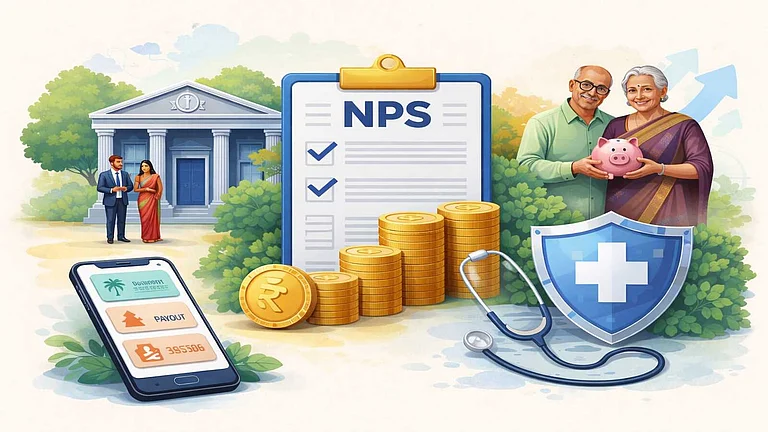Education is important and is a non-negotiable financial goal. What this means is that unlike deferring a house purchase or vacation, education cannot be postponed. Education is also incidentally the top-most financial goal playing the minds of Indians after the need for a house. The reality with expenses on education in India is that these follow a different inflation pattern, which one needs to factor into their financial goals.
While there is no specific education inflation data, assume it to be a good 20-30 per cent higher than your average consumer price inflation (CPI) figure. Factor this higher figure so that you are not balking at falling short of what is needed for educating your child.
These days, education loans are easily available and is a priority lending for banks, especially public sector banks. Typically, this is available to students in the age group of 16- 26. Under Section 80E, you can avail of tax deduction on the interest paid for the education loan.
Students can get an unsecured education loan of up to Rs.4 lakh without any collateral. You can look up online and fill the application form for any of the banks offering the loan. You need to submit the course details for which you are seeking the loan, proof of confirmed admission to the college along with photographs, ID proof and past education record. The bank may require parents to be co-borrowers for the loan. Once the process is over, the loan is paid directly to the institution.
Loan repayment generally starts after the completion of the course period and includes a moratorium period, which is about one year after the completion of the course or six months after one is employed, whichever is earlier. This way, the burden of loan repayment can be shared by your child, making them financially accountable for their education.













